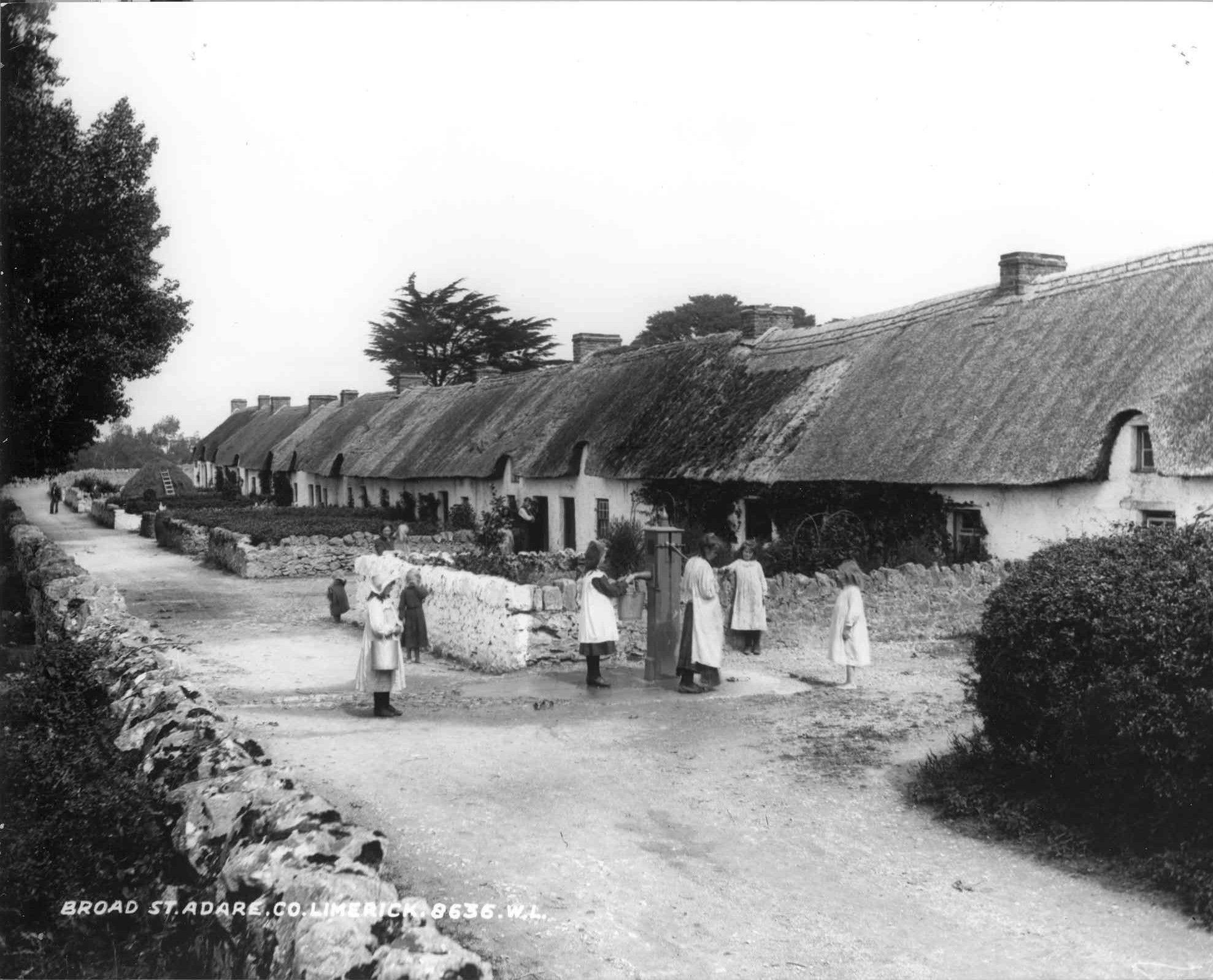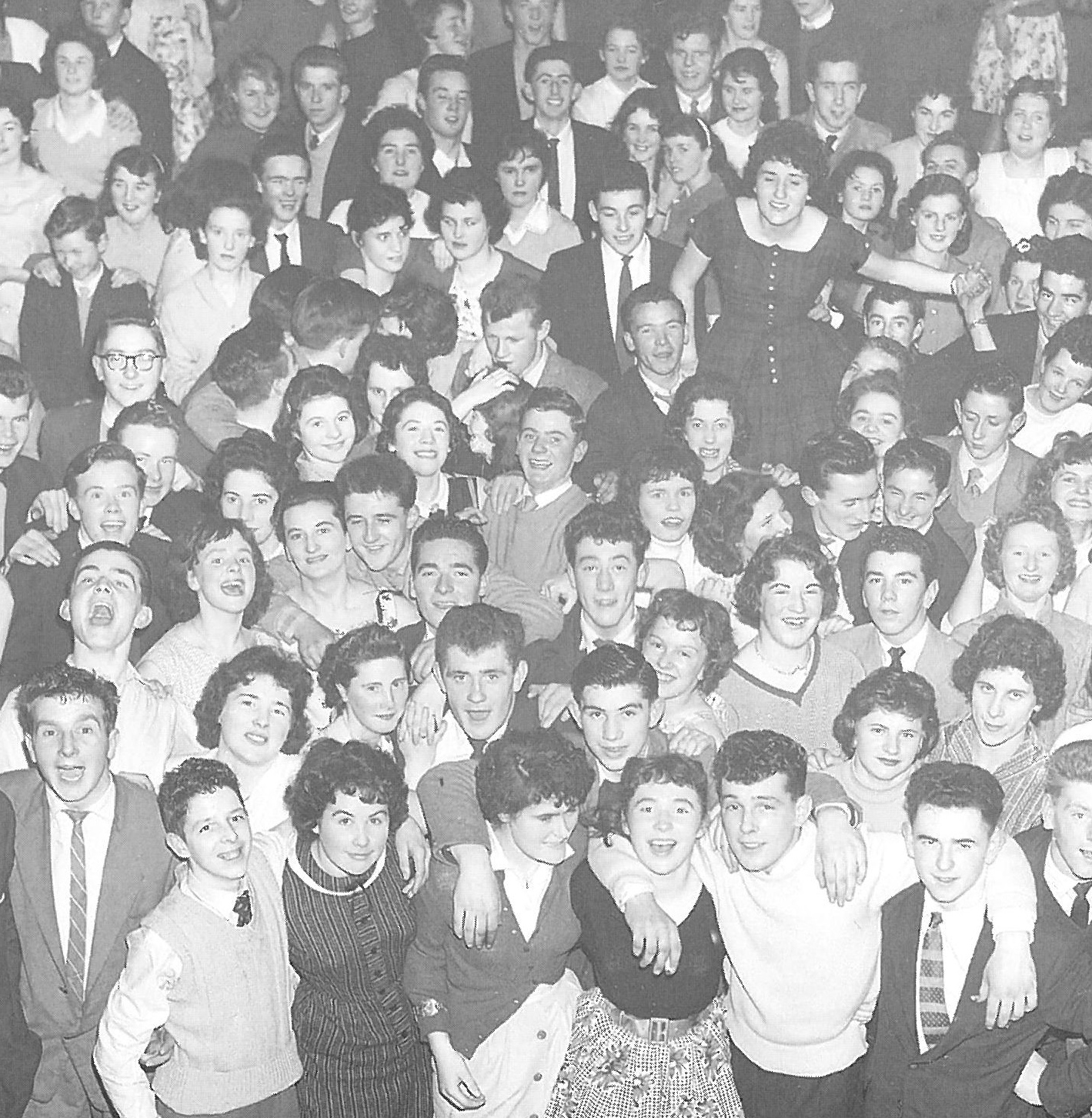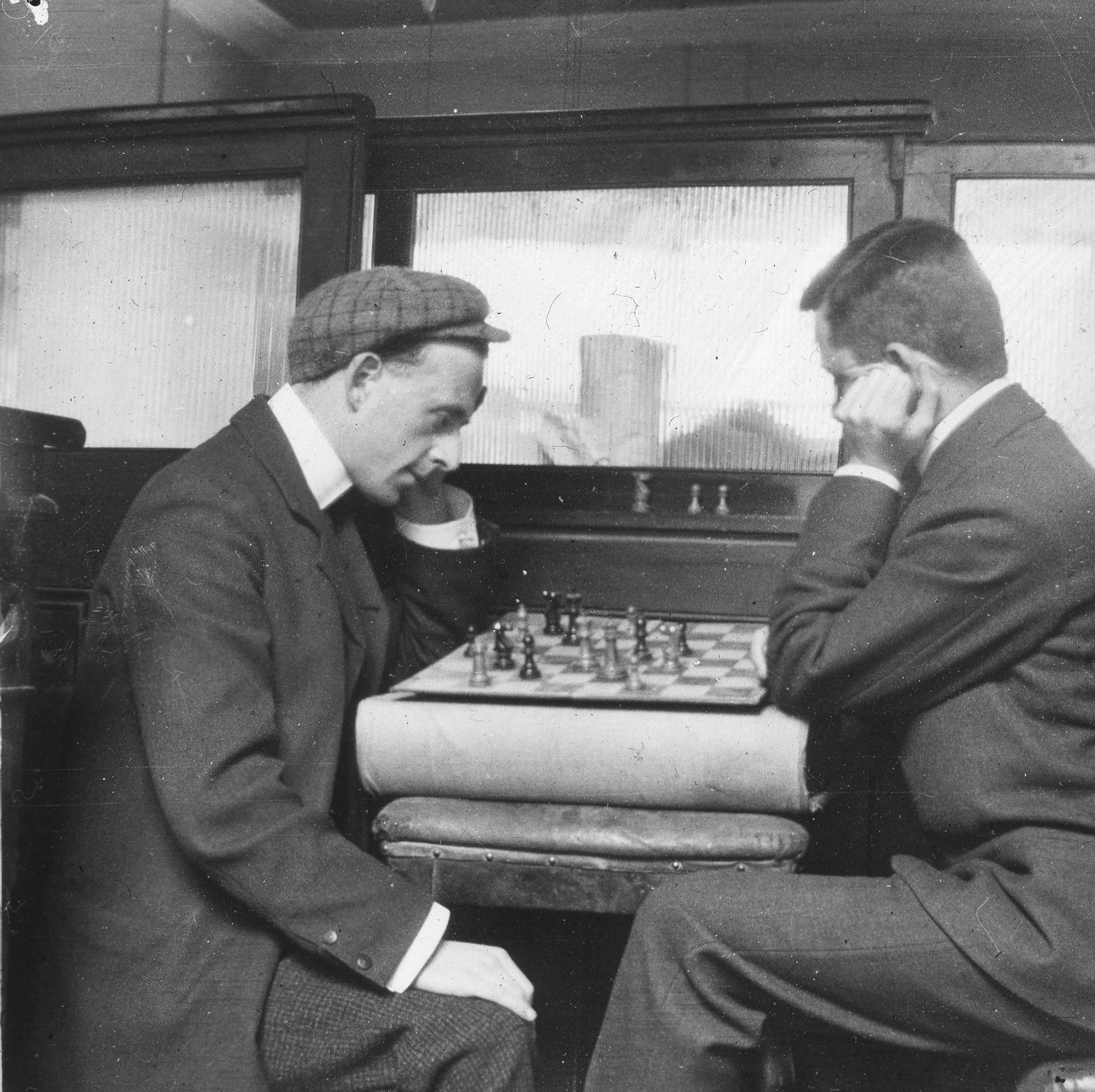
We also hold a print copy of Griffith’s Valuation for Limerick and microfilm copies of the Tithe Applotment Books and the Schools’ Folklore Collection for the county. We have a collection of books of histories of various Limerick families.
For those seeking to build a family tree or to commission genealogical research, we recommend Limerick Genealogy: https://www.limerickgenealogy.com/

Family history is an area of great interest to many people. Among the resources which can be helpful in such research is our significant collection of books on the history of specific families.
See the Collection
There are a number of items in our collection which contain very useful information for research, particularly in the area of family history.
Learn More
We have compiled all notices of deaths contained in the Limerick Chronicle (and some other Limerick newspapers) from 1781 to 1951
Learn More
Through the directories you will be able to trace any family that operated a business or was listed in street directories during the period covered.
Learn MoreThe local studies department is at Watch House Cross Community Library, about 3 kilometres from Limerick city centre. The number 303 bus from Roches Street and Henry Street brings you to the library. The Eircode for the premises is V94 NH51.
Email – localstudies@limerick.ie
Phone – +353 61 557726
Anyone can visit the department without making a prior appointment. However, if you anticipate using facilities such as microform reader, scanner, photocopier or computer then you need to book in advance in order to ensure the equipment will be available for you. Additionally, the entire local studies collection is not held at the department in Watch House Cross Library. If looking for a particular item or resource we recommended that you contact local studies in advance of your visit.
Use of all equipment and access to the collection is free of charge. There are charges for printing and photocopying.
We allow copying and scanning of materials under the provisions of the Copyright and Related Rights Act, 2000. This means that certain materials or portions thereof will be available for copying but that there are also restrictions in relation to what can be copied. We also hold certain items which, due to age and/or condition of frailty, we restrict from photocopying/scanning.
It may well be the case that you will be able to satisfy your query through use of the online collection solely. However, it should be borne in mind that, for all the materials that are available on the website, this still constitutes a very small percentage of the entire local studies collection.
The first successful census of Ireland was conducted in 1821, inaugurating a decennial series which ended in 1911. The returns for the 1821-91 period have almost entirely been lost, so all that remain for researchers are those for 1901 and 1911 which are available here: http://census.nationalarchives.ie/
The next census of Ireland was conducted in 1926, the records of which will be released in January 2027.
Civil (state) registration of births, marriages, and deaths was introduced into Ireland in 1864. The sole exception was non-Catholic marriages, which that state began recording from 1845. Civil records of Births (1864-1922), Marriages (1845-1947) and Deaths (1864-1972) are available on www.irishgenealogy.ie
Roman Catholic parish records of baptisms, marriages and (uncommonly) burials are held by the parishes themselves. However, in 1949 the National Library microfilmed parochial registers from their dates of commencement (which varies widely from parish to parish) until c.1880. These can be viewed at https://registers.nli.ie/
Church of Ireland registers of baptisms, marriages, and burials are variously held by the parishes, the National Archives, the Public Records Office of Northern Ireland, and the Representative Church Body Library in Dublin. A significant number were lost during the destruction of the Public Records Office of Ireland in June 1922. A full listing of surviving Church of Ireland registers and their locations is available here:
https://www.nationalarchives.ie/wp-content/uploads/2018/02/PARISHREGISTERS.pdf
Methodist Church: Detailed information on Irish Methodist records is available here:
https://methodisthistoryireland.org/irish-methodist-baptismal-and-marriage-records/
Presbyterian Church: Detailed information on Irish Presbyterian congregational records is available here: https://www.presbyterianireland.org/Utility/About-Us/Historical-Information/Congregational-Records.aspx
The Society of Friends: Records of births, marriages, deaths, and burials is available here: https://www.limerick.ie/discover/explore/historical-resources/limerick-archives/archive-collections/religious-society
Tithe Applotment Books: These were compiled between 1823 and 1837 to assess the tithes payable by the occupants of agricultural holdings of over one acre to the then established Church of Ireland. Books for almost every civil parish in Ireland survive, recording the head of the family, the acreage held, and the sum to be paid. They are available here:
http://titheapplotmentbooks.nationalarchives.ie/search/tab/home.jsp
Griffith’s Valuation: Published between 1847 and 1864, Griffith’s Primary Valuation constituted the first comprehensive survey of property occupancy in Ireland, both buildings and land. Valuation books and corresponding maps for every civil parish in Ireland survive, recording the head of the family, their immediate lessors, and the value of the property held. These books and maps are available here:
https://www.askaboutireland.ie/griffith-valuation/index.xml?action=placeSearch
Mount St Lawrence Burial Records: Mount St Lawrence opened as Limerick city’s municipal cemetery for all faiths and none in 1855 and remains so today. Registers for the 1855-2008 period recording the names of the deceased, their ages and addresses at death, and the location of their graves are available here:
Roots Ireland: rootsireland.ie is a subscription service providing transcriptions of 23 million Irish genealogical records, including an extensive and fully searchable database of Limerick civil and ecclesiastical records.